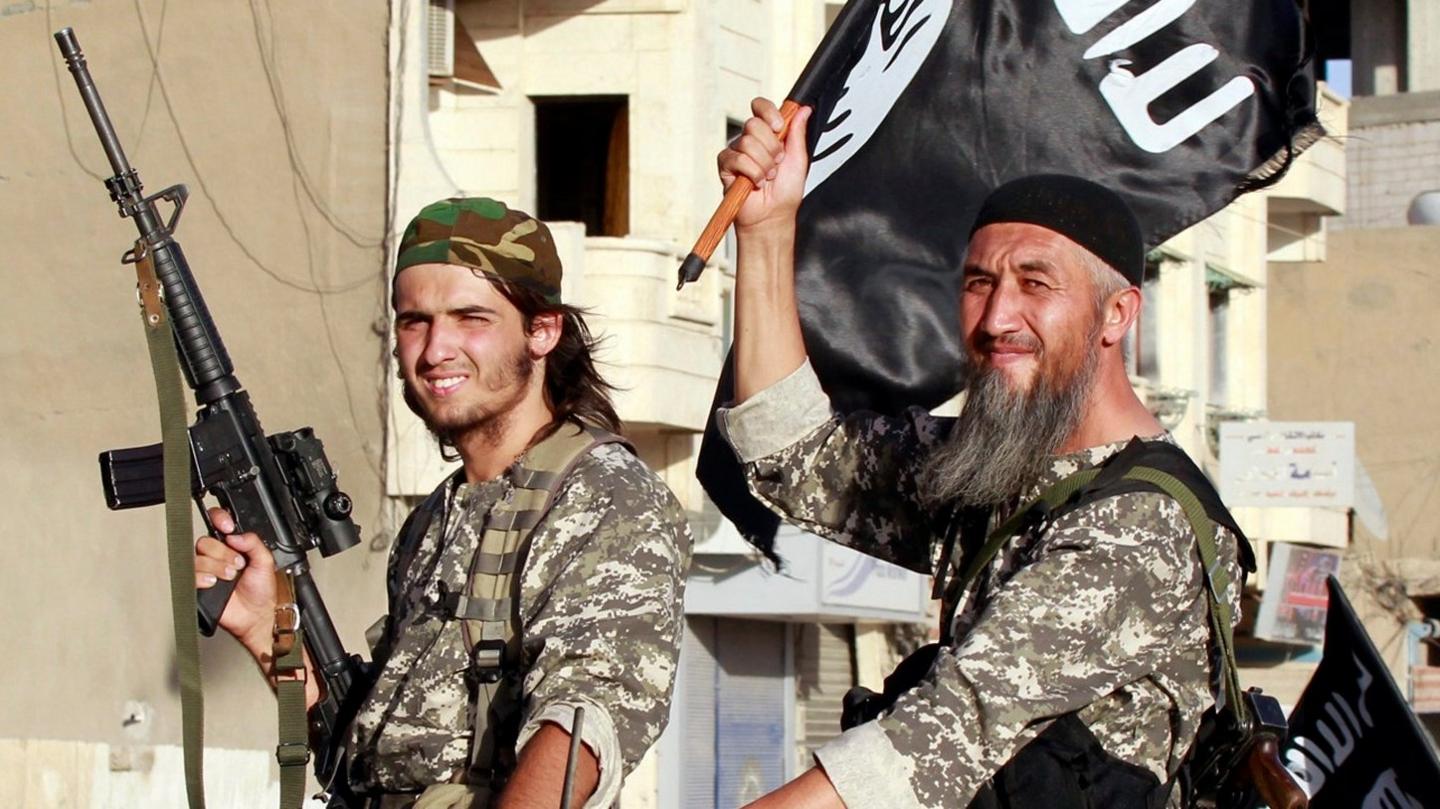British hostage: PM says UK will not be 'cowed' by threats
- Published
David Cameron tells MPs the UK will 'not be cowed by these barbaric killers'
The UK "will not waver" in its aim to defeat terrorism, David Cameron has said as he condemned the "barbaric" beheading of a second US hostage.
Islamic State extremists threatened to kill a British hostage in a video of US journalist Steven Sotloff's death unless US air strikes in Iraq stopped.
Ministers say "every possible option" will be considered to protect the British man. He has family in Scotland but relatives do not want him named.
IS also killed a US hostage last month.
Speaking at Prime Minister's Questions, Mr Cameron told MPs that "this country will never give in to terrorism and our opposition to Isil (IS) will continue at home and abroad".
'Stiffen resolve'
He said: "What has happened to the two hostages so far and what may happen again in the future is utterly abhorrent and barbaric and these people need to understand we will not waver in our aim of defeating terrorism."
An IS video posted online two weeks ago showed the killing of another US journalist, James Foley.
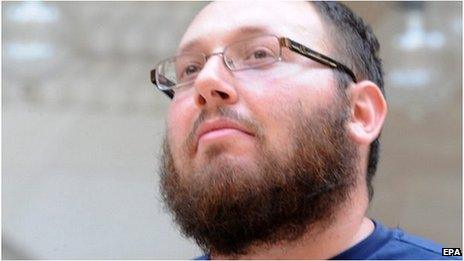
Steven Sotloff went missing in Syria in August 2013
Mr Sotloff, 31, who was seized in Syria last year, also appeared in that footage with a warning that he would be next.
The British hostage appears at the end of the latest video, released on Tuesday and entitled A Second Message To America. The US has confirmed the video is authentic.
The 44-year-old man was taken hostage in the village of Atmeh, in Idlib province in Syria, in March 2013. He was seized along with an Italian aid worker and two Syrians, all of whom have since been freed.
Speaking after a meeting of the Cobra emergency committee, Foreign Secretary Philip Hammond said: "I can assure you we will look at every possible option to protect this person."
The Foreign Secretary, Philip Hammond, says the video appears to show the same militant with an English accent
Mr Cameron told the House of Commons: "A country like ours will not be cowed by these barbaric killers. If they think we will weaken in the face of their threats, they are wrong.
"It will have the opposite effect. We will be more forthright in the defence of the values, liberty under the rule of law, freedom, democracy that we hold dear."
He said Britain would continue with its policy of not paying ransoms - which is also the US policy - as such payments funded terrorism.
Mr Cameron said diplomatic efforts would be made to make sure other G8 countries do not make ransom payments for hostages.
The UN would be vital in building an effective alliance against IS, he added, saying that the extremist group "needs to be squeezed out of existence".
US President Barack Obama said also his country would not be intimidated by IS, adding: "Their horrific acts only unite us as a country and stiffen our resolve."
Air strikes
Labour leader Ed Miliband agreed with Mr Cameron, adding: "Events like this must strengthen, not weaken, our resolve to defeat them and he can be assured of our full support in standing firm against them."
BBC assistant political editor Norman Smith said Mr Cameron had used "deliberately defiant language" that could hint at the possibility of military action.
He said: "In terms of specifics, not much, although I do think the prime minister was perhaps suggesting that Britain would be prepared to look at joining in with other countries, particularly in the region, and consider air strikes.
"He wasn't explicit about that - but you sense that might be a direction of travel."
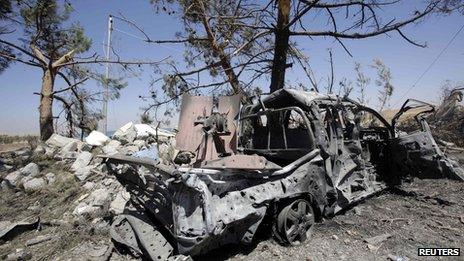
Mosul Dam in northern Iraq is one of the places targeted by US air strikes over the past month
The US has launched more than 120 air strikes in Iraq in the past month, in an attempt to help Kurdish forces curb the advance of IS militants.
The extreme Sunni group has seized large swathes of territory in Iraq and Syria in recent months, declaring a new caliphate, or Islamic state.
Britain has not taken military action against IS so far.
Former Defence Secretary Tory Liam Fox told the BBC the UK needed to tackle IS in every way it could, including taking part in air strikes to "diminish their military capability".
And former Foreign Secretary Labour's Jack Straw said his "instinct" was for the UK to join US air strikes in Iraq.
"We should learn from the past, but not be paralysed by it," Mr Straw told BBC Radio 4's Today Programme, referring to the previous conflict in Iraq.
But Conservative MP Mark Field, who sits on the intelligence and security committee, said air strikes were "not the answer" and that further diplomatic work was needed.
The Archbishop of Canterbury Justin Welby told ITV News he believed there were times military intervention could "make a difference" although he added that he was not saying this was one of them.

Analysis
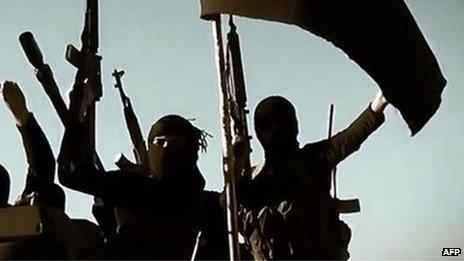
By Nick Robinson, BBC political editor
Both Tory and Lib Dem ministers tell me that they see both a moral and a legal case for air strikes in Iraq provided they are requested by the Iraqi government and/or the Kurdish Peshmerga, are backed by a wide number of countries and have a clear military objective.
Syria, they say, is different as they are not prepared to act with President Assad who, in any case, has a fierce air defence system which could threaten coalition jets.
On Wednesday morning the former Labour Foreign Secretary Jack Straw added his voice to those on the Labour benches backing strikes. Peter Hain and John Woodcock - who was an adviser to former Defence Secretary Geoff Hoon - have already said so.
Will David Cameron escape from underneath what friends of his describe as the black cloud of British involvement in Iraq?
Ed Miliband backed action in Libya but blocked it in Syria. What will he do now?

'Confusion'
Meanwhile, Home Secretary Theresa May said the government would continue to take steps to obtain the powers that would protect national security.
Responding to a question from Mr Miliband, Mr Cameron confirmed new powers to relocate terror suspects would be introduced and would require legislation.
The Labour leader also asked Mr Cameron whether his plans to prevent British citizens who have fought abroad from returning to the UK were "legally permissible".
The prime minister said he thought they were, but said it would "take some work".
Shadow home secretary Yvette Cooper said there was "confusion over what the prime minister is actually proposing and the timescales for implementation".
The Muslim Council of Britain has also condemned Mr Sotloff's murder.
Secretary general Shuja Shafi said: "This depraved act is yet another illustration of how this group betrays the very principles of Islam they claim to uphold."
- Published4 September 2014
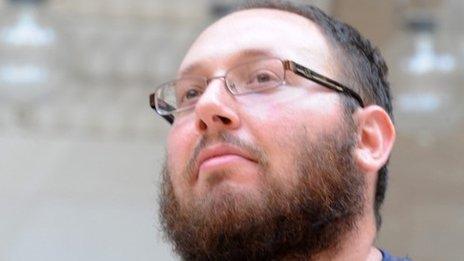
- Published3 September 2014
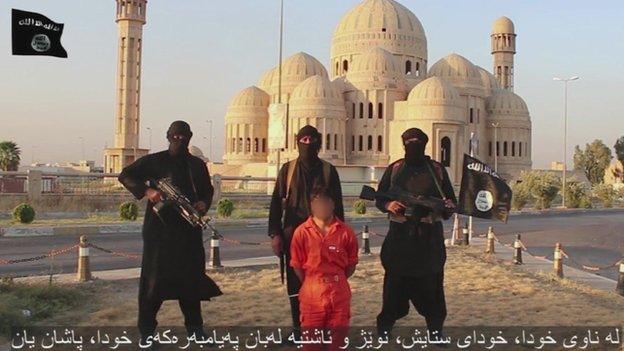
- Published3 September 2014
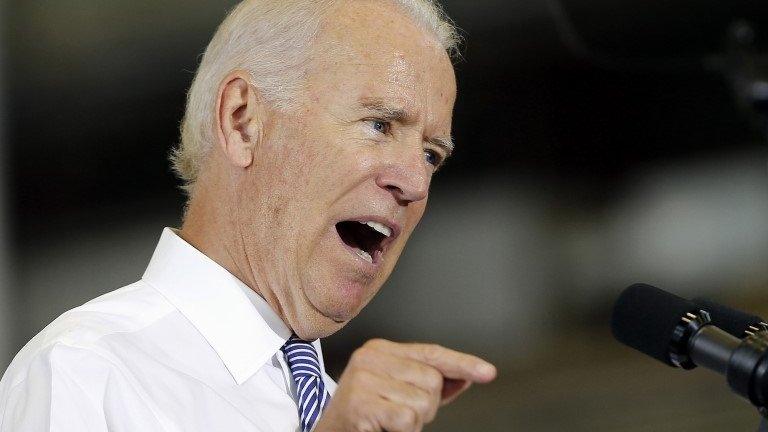
- Published3 September 2014
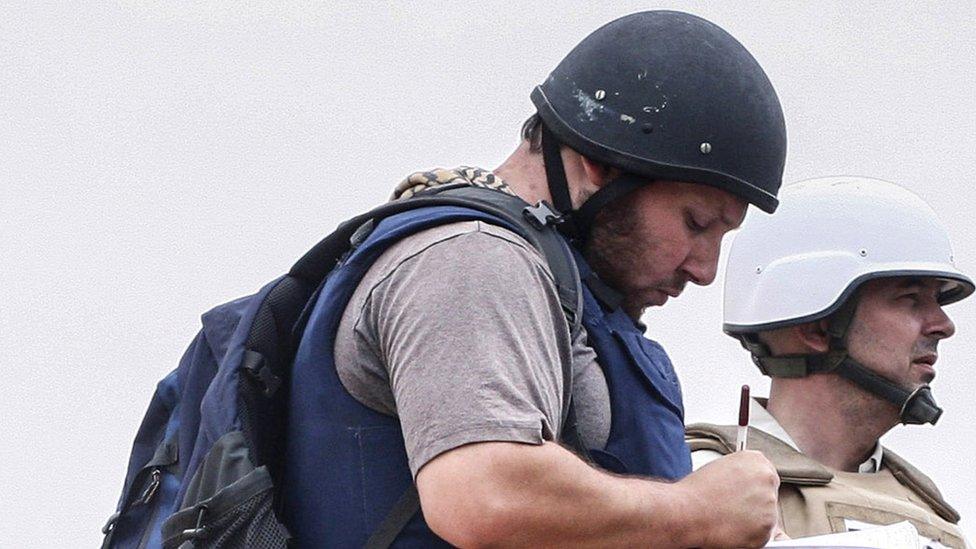
- Published3 September 2014
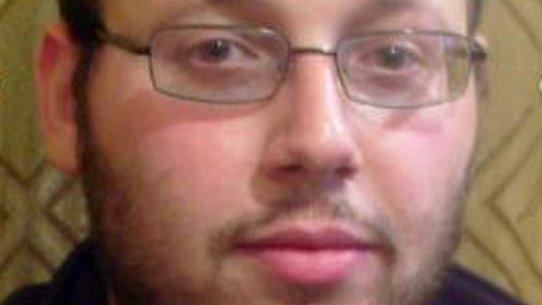
- Published11 August 2014
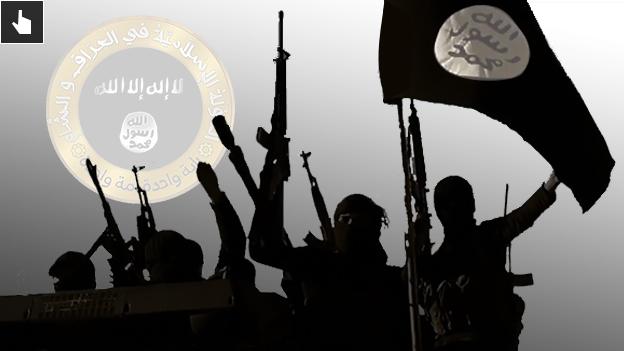
- Published1 September 2014
